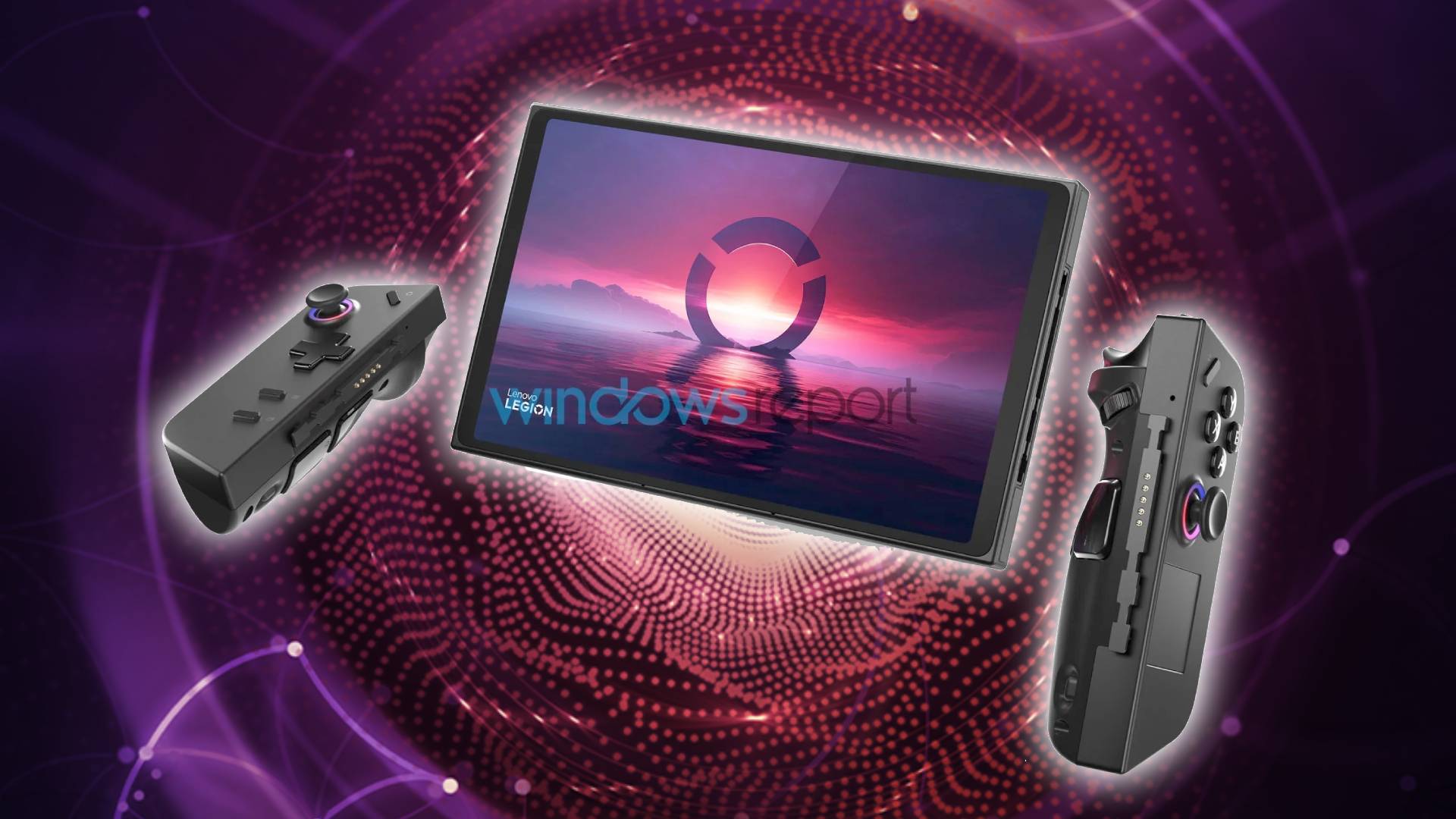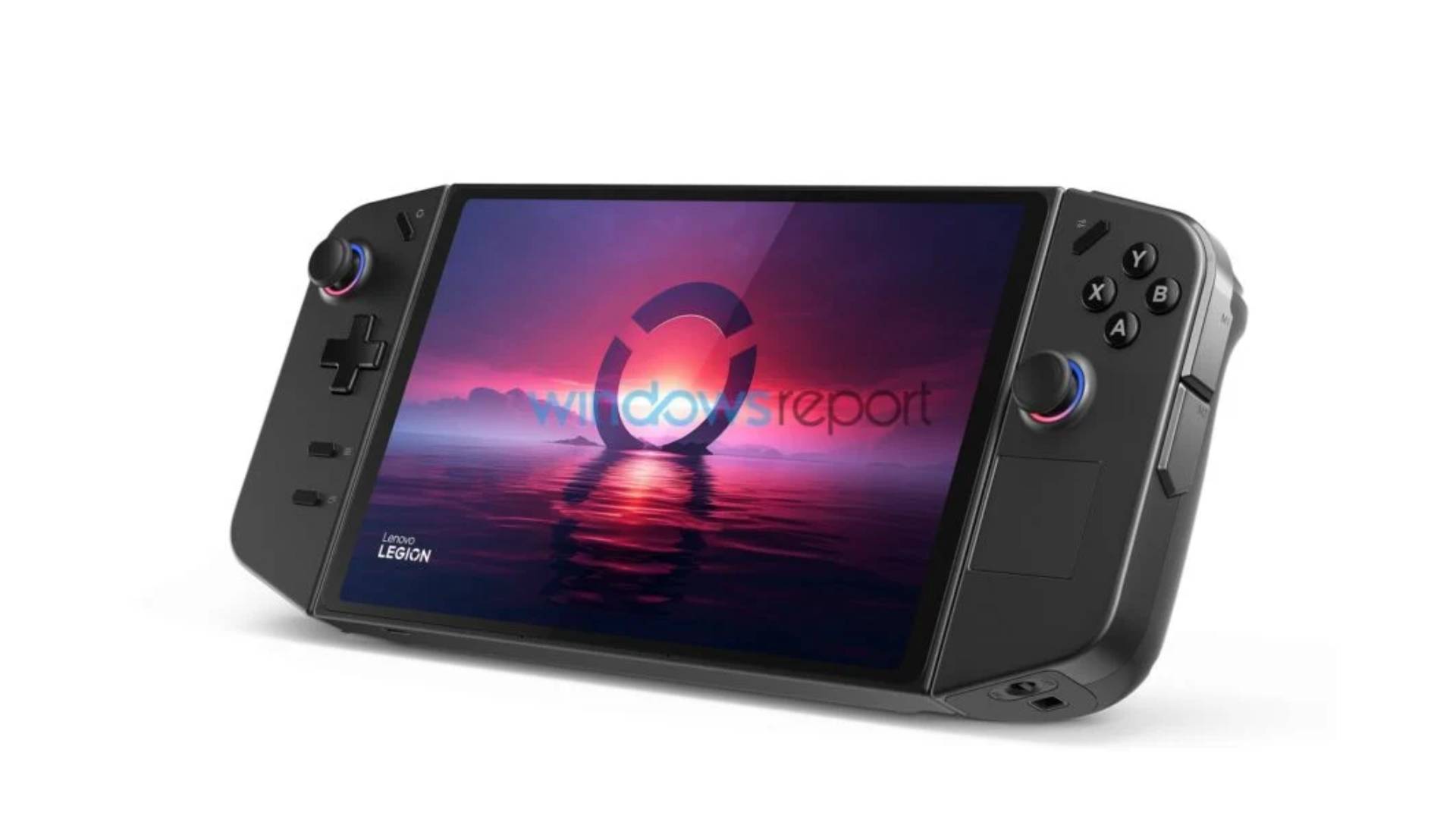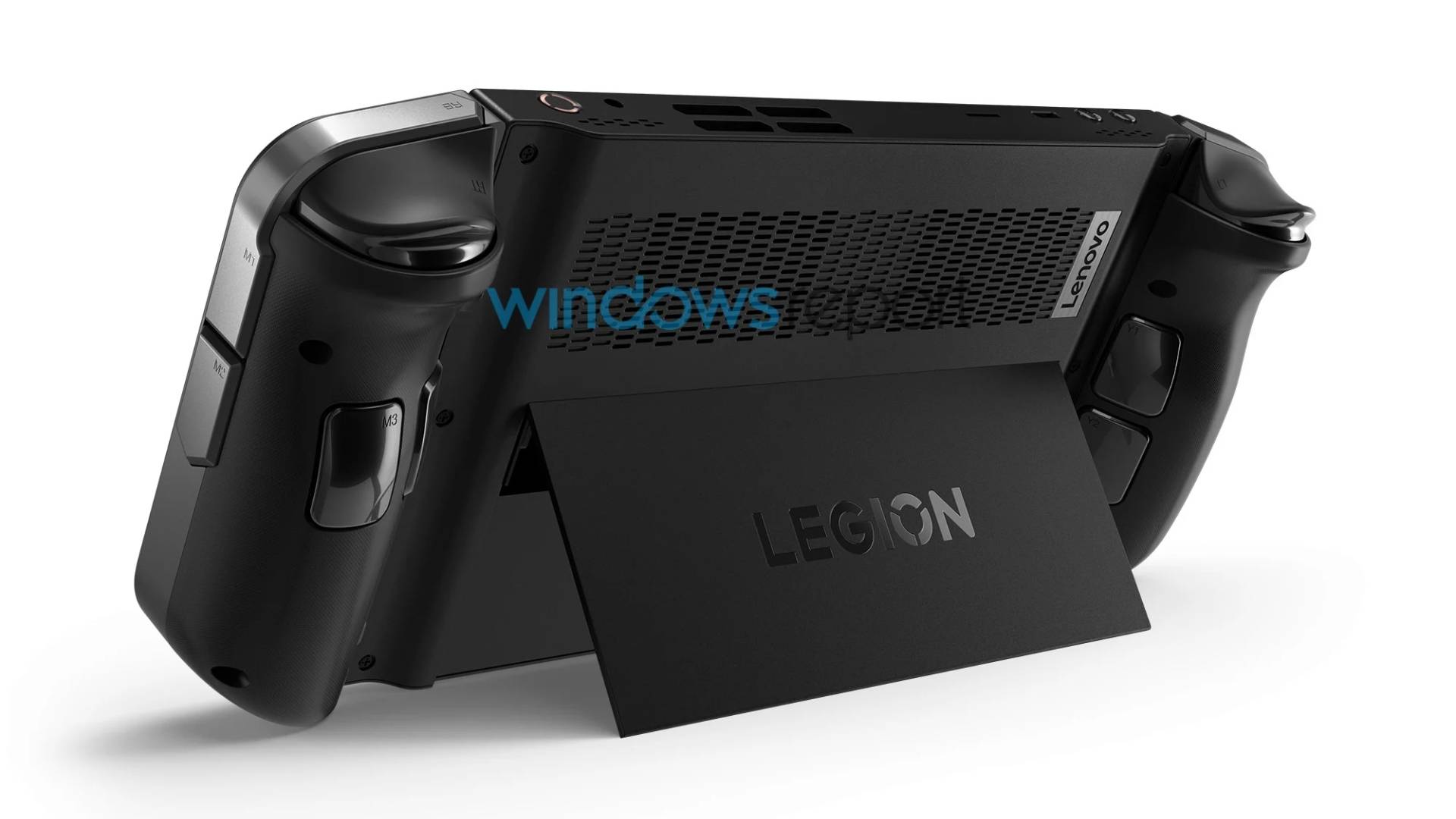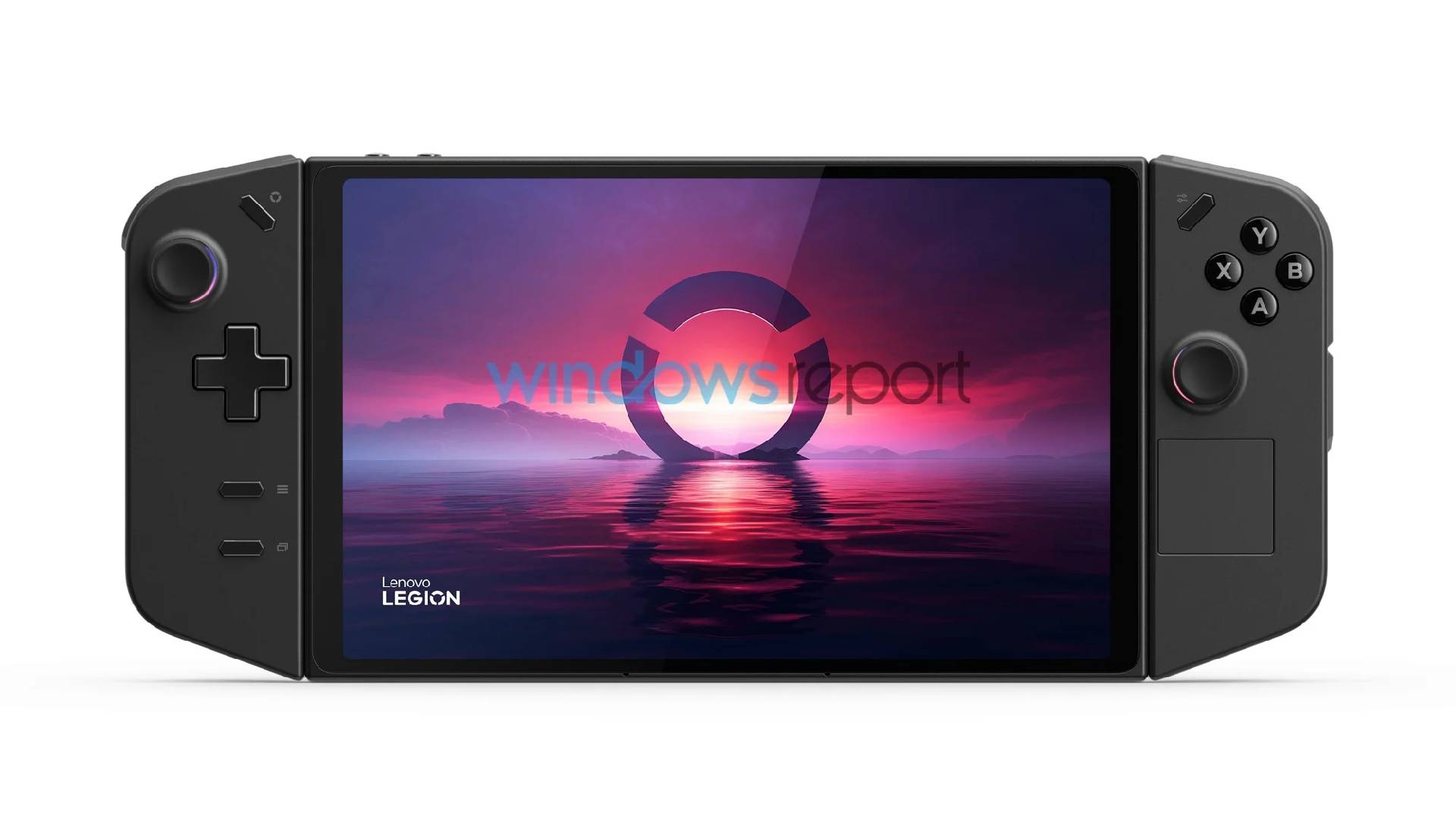Lenovo Legion Go leak suggest Switch style controllers, but is that what we really need?
Do we really need handheld PC Joycons?

Another Lenovo Legion Go leak has sprung, and this time the handheld PC is posing for the camera. Shared images reveal something that looks pretty close to a Nintendo Switch in terms of design, as its controllers appear to detach. However, I’m not entirely convinced that’s what the portable scene needs right now, removable Joycon style gamepads might be a blessing and a curse.
The Legion Go is anything but short of competition, as gaming handhelds like the Steam Deck, Asus ROG Ally, and Ayaneo 2S are already occupying the growing market. When word first emerged that Lenovo is cooking up a handheld gaming PC, I outlined why it could find success targeting the budget side of things, as there’s a distinct lack of competitors that cost under $300. Sadly, the newly leaked images imply that the Legion Go won’t be that cheap, even if it brings something unique to the table.
The leaked Lenovo Legion Go images come courtesy of Windowsreport, with each photo providing a glimpse at different angles. The product snaps also reveal its detachable controllers, which appear to push-fit onto the sides. In addition to the usual array of face buttons and thumb sticks, the right-hand controller seems to have a touchpad, while also boasting side and back buttons alongside standard shoulder buttons.



The main body of the Levovo handheld effectively looks like a chonkier version of the Switch OLED, as it even uses the same wide kickstand as Nintendo’s portable console. That’s not remotely a bad thing, as it should mean it’ll subtly blend into any setup, whether you use the best Steam Deck docks with your handhelds or a mishmash of dongles. Naturally, it also means you won’t need a separate PC controller when playing on a gaming monitor or TV, but that’s exactly what could keep this device from achieving budget greatness.
Will the Lenovo Legion Go cost less than the Steam Deck?
At the moment, we don’t know for sure how much the Legion Go will actually set you back. Ultimately, the cost will hinge on Lenovo’s choice of innards, as using an APU like the Ryzen Z1 Extreme comes with cost caveats. The laptop maker could trim down MSRP by targeting performance on par with the Steam Deck, but it's those detachable controllers that pose a price problem.
This is completely speculative, but creating detachable controllers for a new platform probably isn’t cheap. Not only do you have to come up with a proprietary design, but adding extra batteries into the mix might compromise the handheld’s own potential runtime. These are all factors that may affect the portable’s chances of being a cheaper Steam Deck alternative, particularly one that holds up in terms of battery life and PC performance.
Of course, there’s still a chance that the Lenovo Legion Go will be the budget legend I’ve been waiting for, so I’m going to remain cautiously optimistic for now. The fact the company is borrowing design aspects from Nintendo suggests it’s interested in catering to those kinds of players, and that can only really be done using careful pricing.
Weekly digests, tales from the communities you love, and more
That’s not to say other device makers aren’t gunning for the same marker, as a new Ayn Odin 2 Android handheld is coming to tempt players away from their Mario machines. That said, luring console fans into the gaming PC space would be a far more impressive feat, and there’s always a chance Lenovo will do just that.
Looking for more portable PCs? Check out the best gaming laptops for our favorite on the go rigs. Alternatively, take a peek at the best Alienware gaming PC builds for unique looking desktop machines,

Phil is the Hardware Editor at GamesRadar and joined the team in 2023. In the past, they've also contributed to the likes of TechRadar, The Daily Star, the BBC, and PCGamesN, but these days, they specialize in testing the latest gaming handhelds, monitors, TVs, and PC components. They're also extremely nerdy about retro consoles and playing the classics on both new and old systems.


